The Flash Book
How to fall hopelessly in love with your flash, and finally start taking the type of images you bought it for in the first place
Scott Kelby
Ebook, Lighting, Photography, Popular Techniques, Print, Print and digital bundle
Standing in front of a room packed with 360 photographers at his seminar, Scott Kelby asked for a show of hands: “How many of you own some kind of an off-camera flash? A Nikon, Canon, Yongnuo, etc.?” About 340 hands went up. “Okay, I have one more question, but...
Read More
Read More
- Print and eBook Bundle: $39.99
- Print Book: $29.95
- eBook: $23.99
| BOOK AUTHOR | Scott Kelby |
|---|---|
| PAGE COUNT | 208 pages |
| TRIM SIZE | 6 x 9in |
| COVER | Soft Cover- without flaps |
| ISBN | 9781681982748 |
| PUBLISH DATE | 12/2017 |
- Table of Contents
- Chapter 1: Flash Controls and Settings
- Chapter 2: Next Level Flash Stuff
- Chapter 3: Camera Settings for Working with Flash
- Chapter 4: Using Flash for Portraits
- Chapter 5: Using Flash on Location
- Chapter 6: How to Light Backgrounds
- Chapter 7: Using Flash at Weddings
- Chapter 8: How to Mount Your Flash
- Chapter 9: Flash Tricks
- Chapter 10: Flash Workflow
4 reviews for The Flash Book
You must be logged in to post a review.
Related Products
-
Out of stock
How Do I Do That In Photoshop?
Ebook, Image Editing, Photography, Photoshop, Print, Print and digital bundle, Adobe, Software This product has multiple variants. The options may be chosen on the product page Price range: $23.99 through $39.99How Do I Do That In Photoshop?
Ebook, Image Editing, Photography, Photoshop, Print, Print and digital bundle, Adobe, Software This product has multiple variants. The options may be chosen on the product page Price range: $23.99 through $39.99
Related Products
-
Out of stock
How Do I Do That In Photoshop?
Ebook, Image Editing, Photography, Photoshop, Print, Print and digital bundle, Adobe, Software This product has multiple variants. The options may be chosen on the product page Price range: $23.99 through $39.99How Do I Do That In Photoshop?
Ebook, Image Editing, Photography, Photoshop, Print, Print and digital bundle, Adobe, Software This product has multiple variants. The options may be chosen on the product page Price range: $23.99 through $39.99

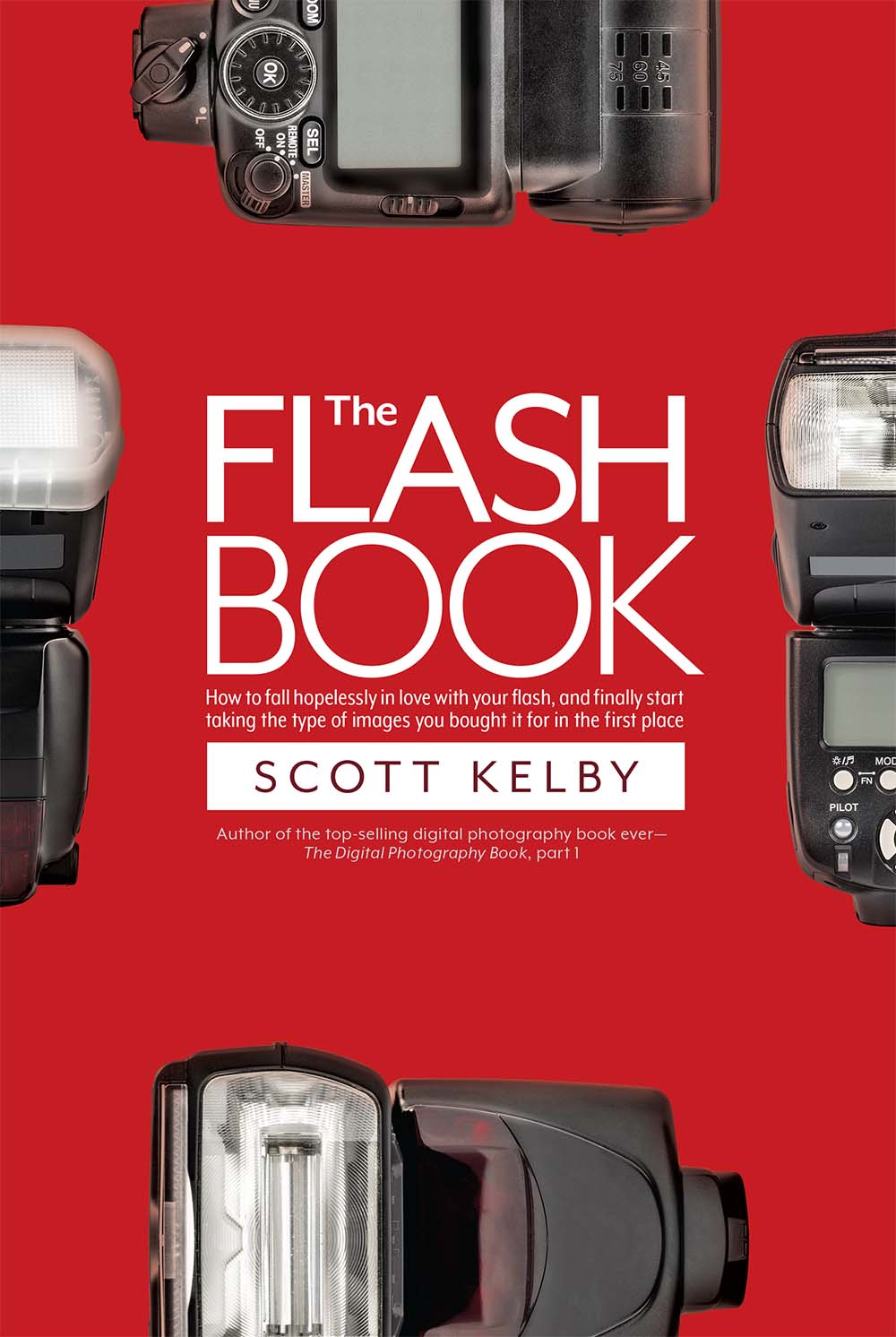
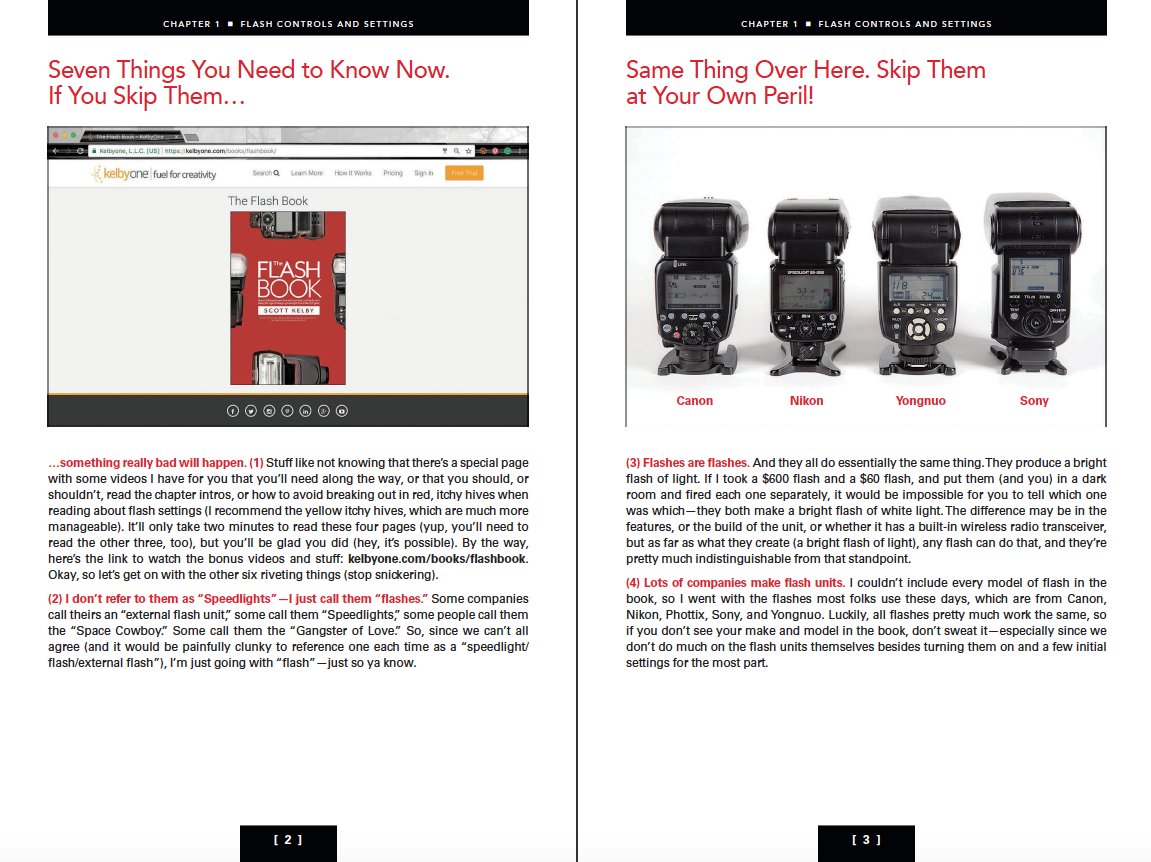
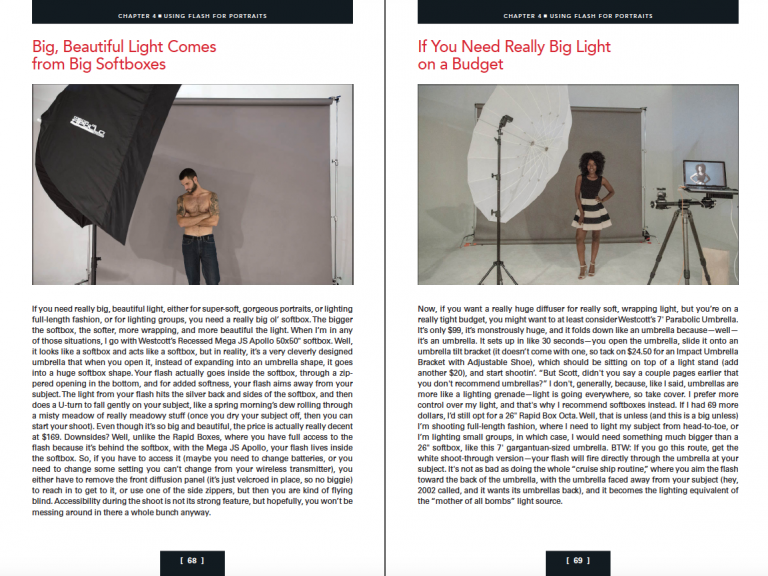
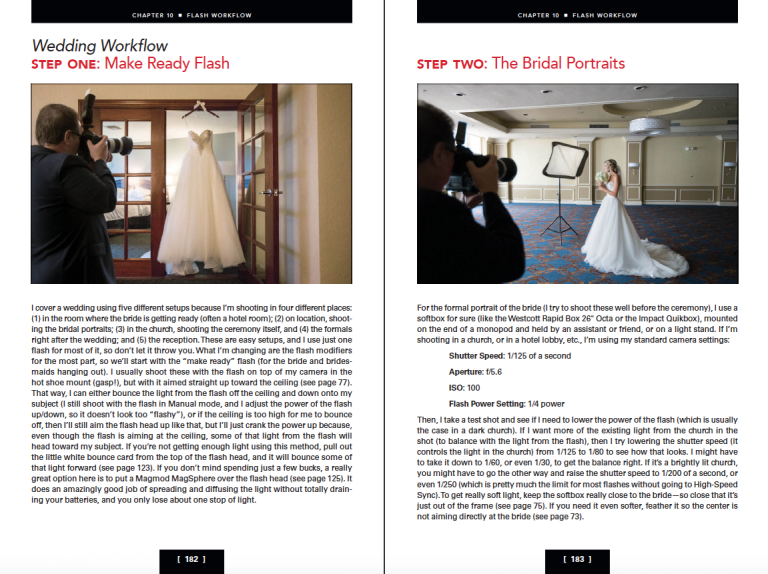
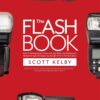
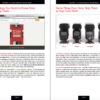
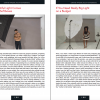
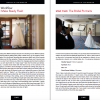
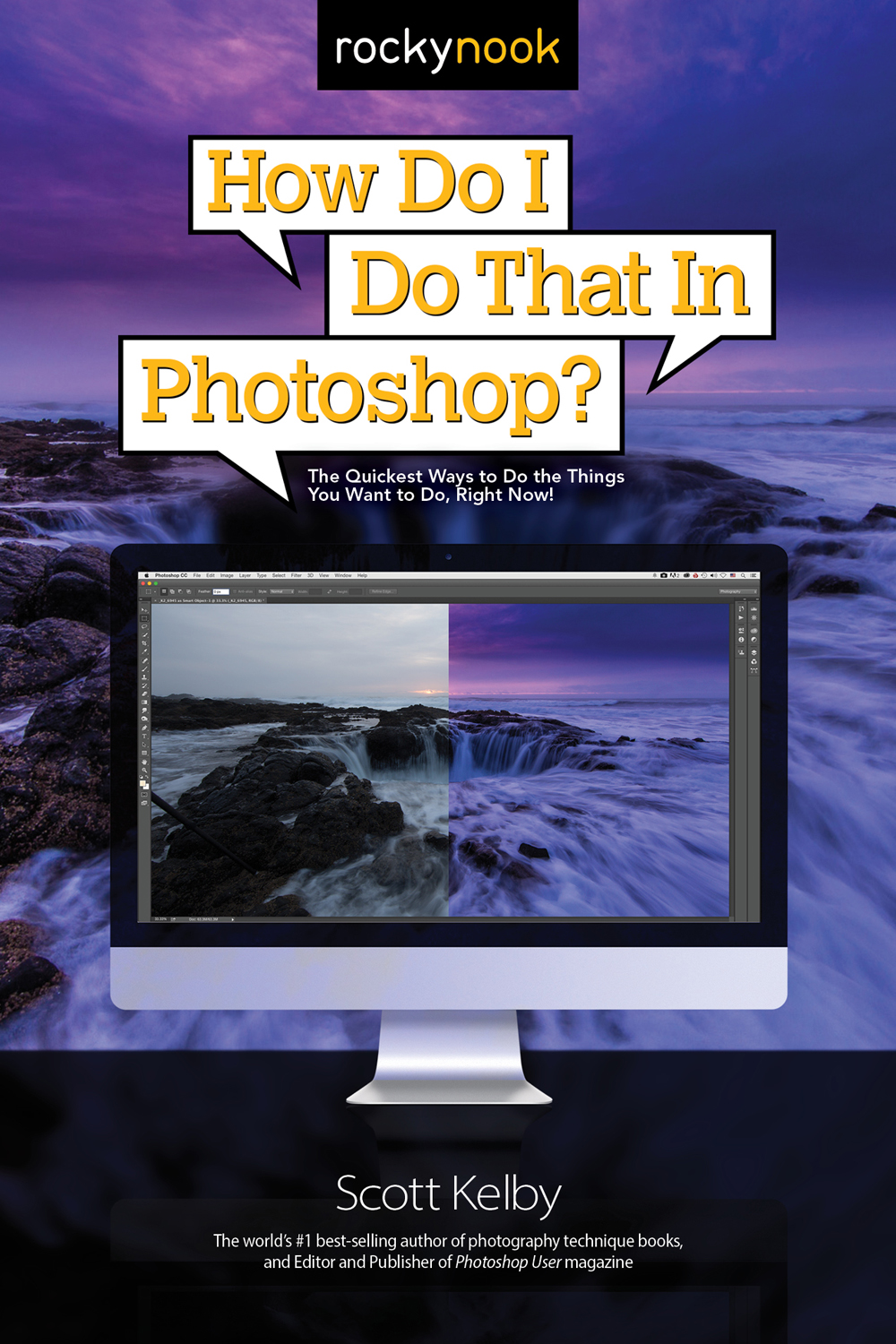
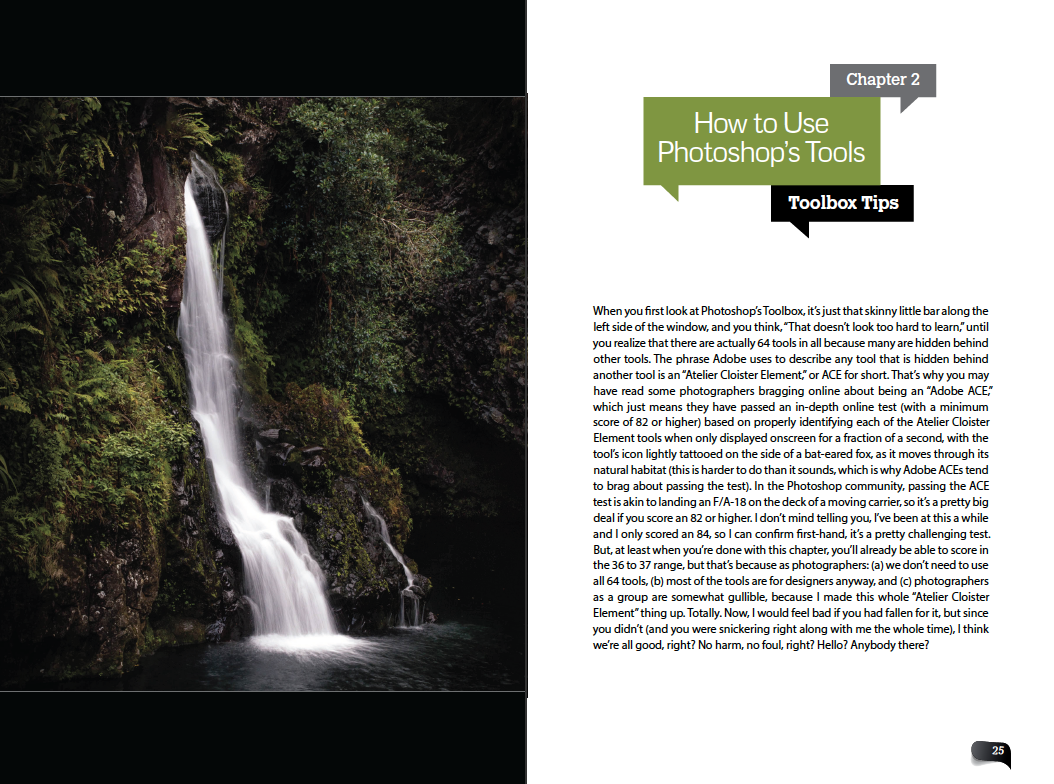

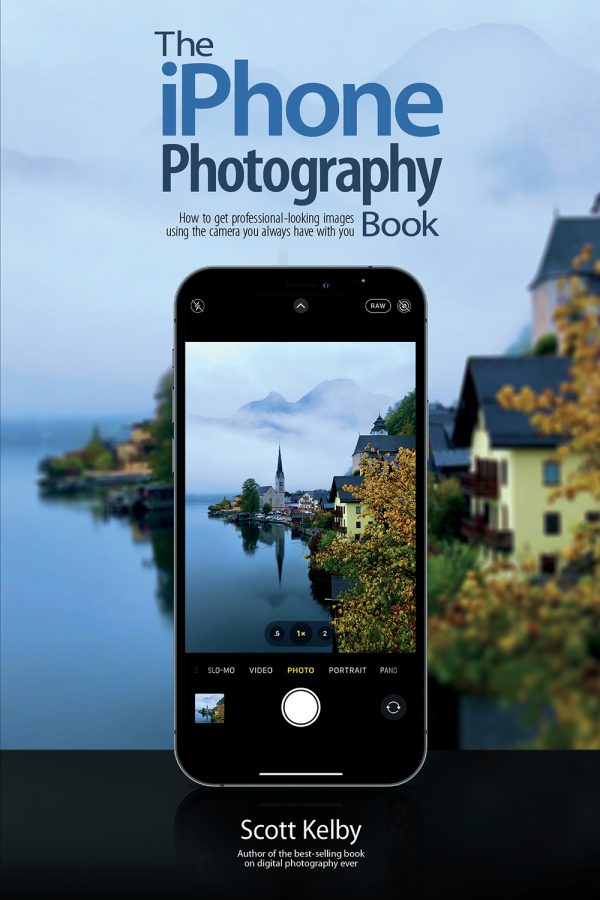
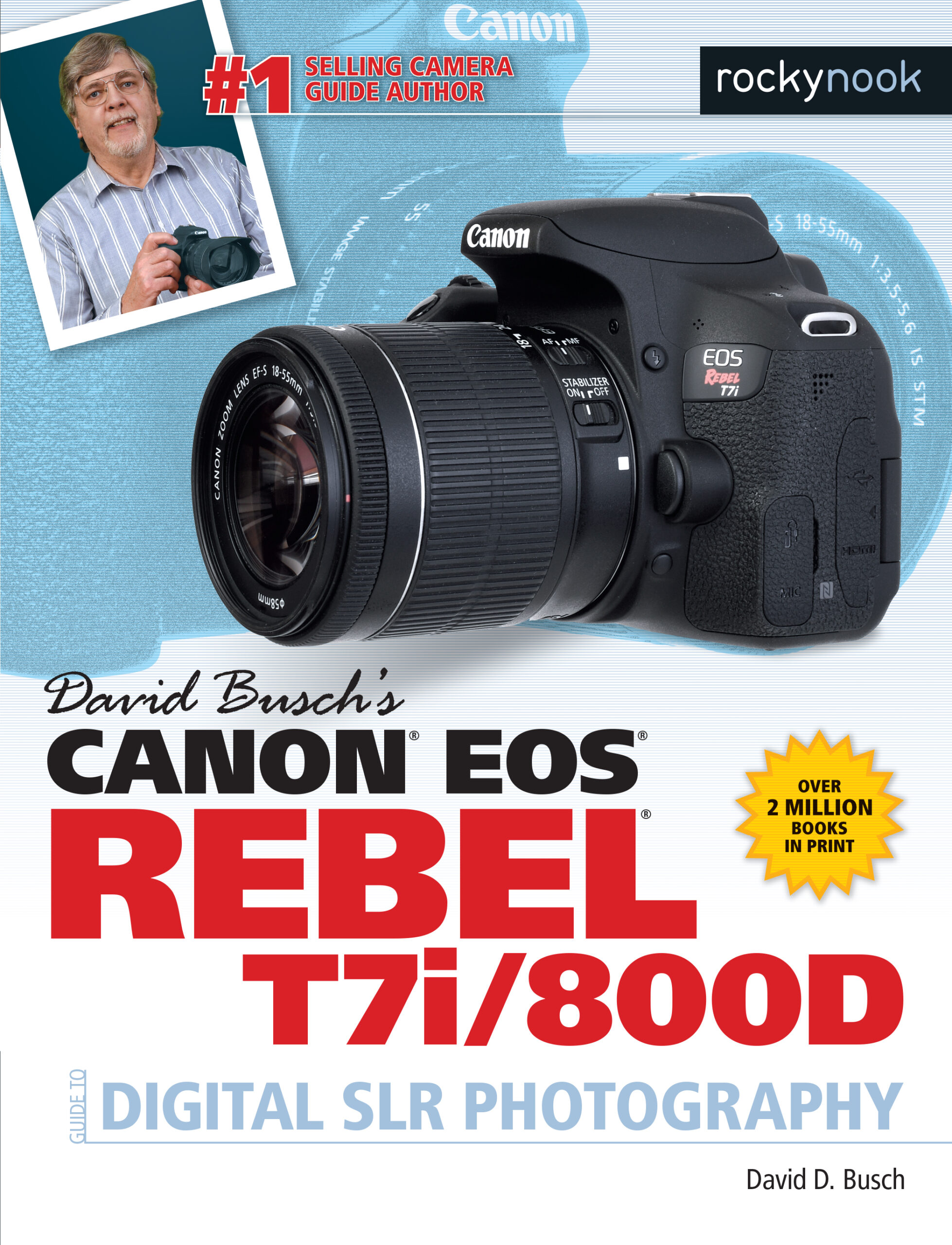
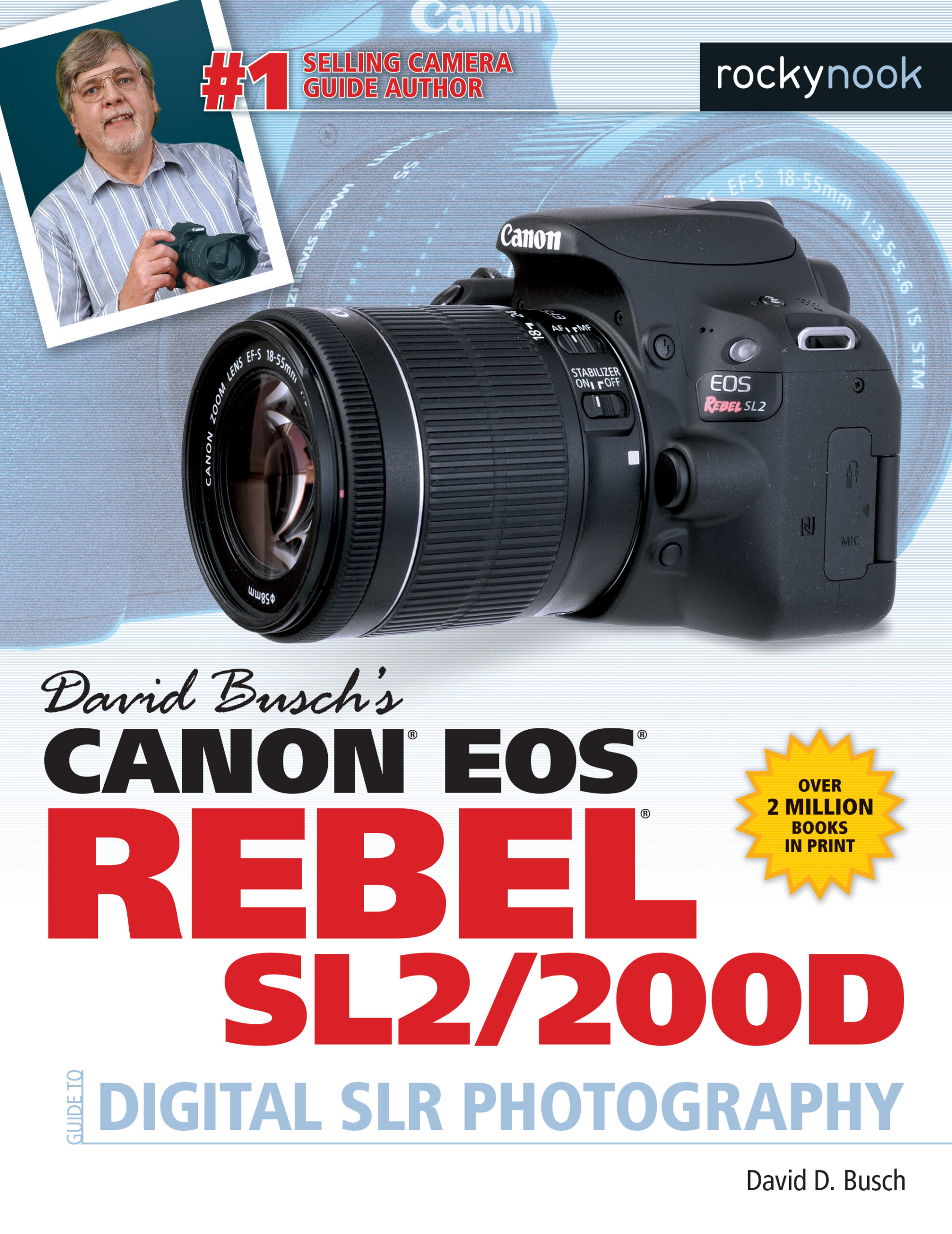

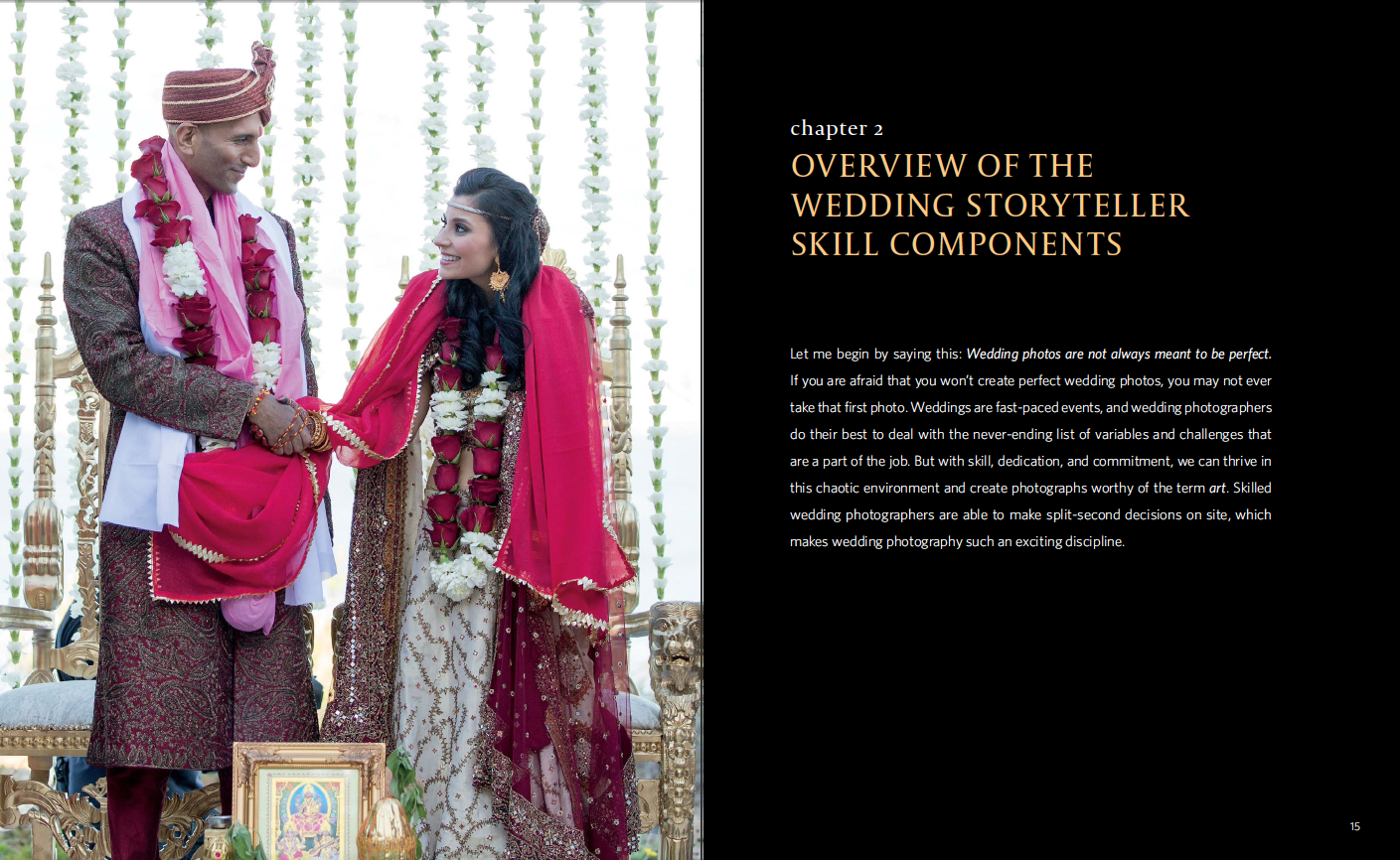
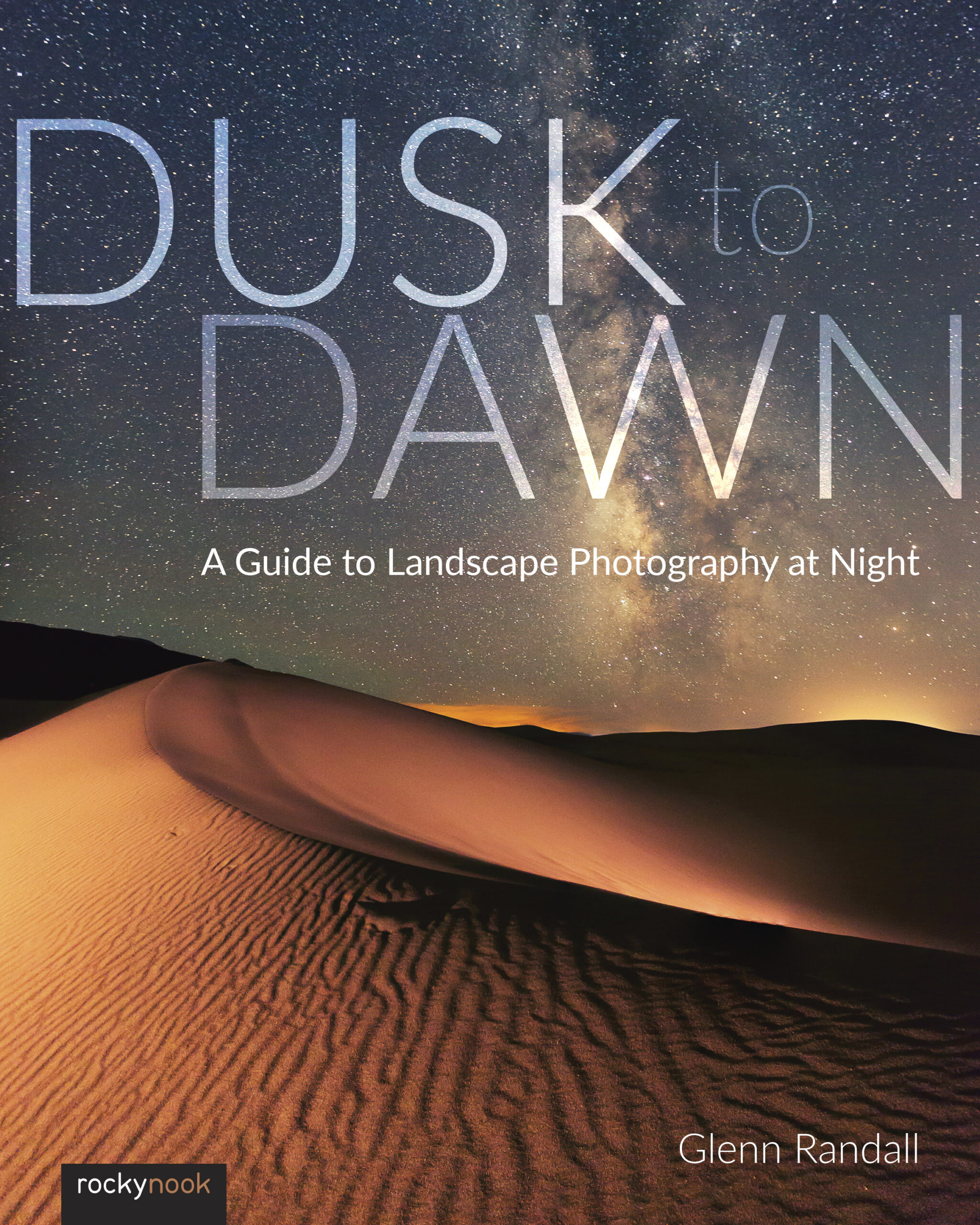

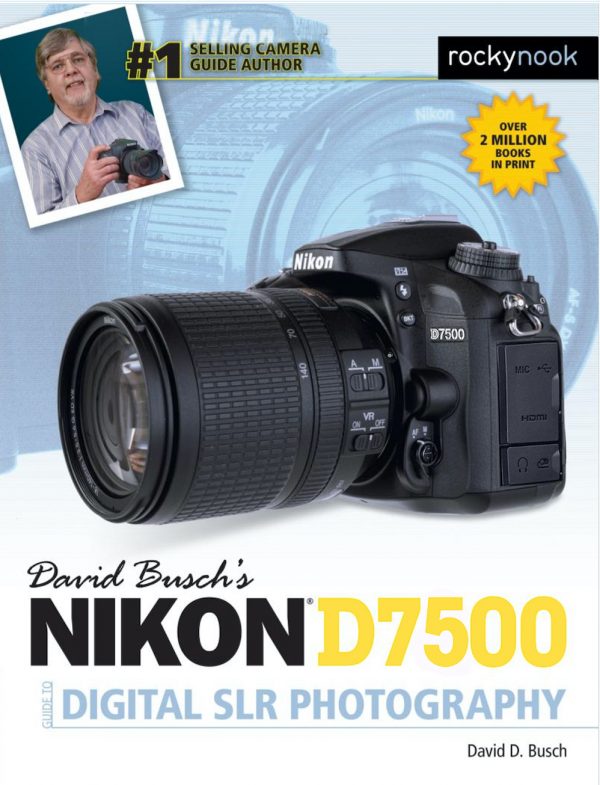
Gary (verified owner)
This is an easy read with a very straightforward approach to optimizing flash. It is concise, yet somehow comprehensive. As usual, Scott Kelby injects a fair amount of humor throughout. I have read several books on using flash and this is the best and most practical, by far.
Peter (verified owner)
To put it simply: this book made me love flash photography! Scott Kelby provides a concise and very well written introduction on how to use flash. With this book, you will be able to use flash lighting in a variety of settings. I found it much more effective (and much more fun) to learn from this book than to watch videos on youtube on this topic.
The book is divided into 10 chapters. Chapter 1 teaches you the basics on a little more than 20 pages. Other chapters treat questions like using flash on location, how to light backgrounds, and so on. Finally, Chapter 10 summarizes all that knowledge in a “Flash Workflow” for the most common tasks: indoor portraits (6 steps, 6 pages), outdoor portraits (10 steps, 10 pages) and a wedding workflow (6 steps, 6 pages). I got all my questions answered concerning flash photography.
In addition to the techniques of flash photography, you also get very helpful information on the choice of equipment. My recommendation is to first buy and read this book, then to acquire the necessary equipment for your photographic tasks, and then to go out and “flash” the world around you. I am pretty sure that you will then be as thankful as I am to Scott Kelby for having written such an excellent book!
wepsphoto
I’ve taken two courses at a local photography college- in the first, Glamour Photography, the instructor taught us to build the lighting setup light-by-light, using a handheld meter throughout the process so that by the time the model was on set, you were prepared to shoot. The process took planning, some math, and a lot of previsualization to get the look that you desired.
My second class, on portraiture, was far different. The model began on set and the lighting was built around her- set the lights and the take a shot. If the lights needed more or less power, dial in the change and try another. If you needed to change a light’s position, adjust, take a shot, and evaluate. It was trial-and-error lighting and it felt less professional- but it was faster and easier.
Scott Kelby’s The Flash Book presents this second method of utilizing flash- a trial-and-error, adjust until you get what you want, method of using your flash.
It sounds, and certainly feels, less than professional and it fails to utilize all of the expensive feature sets that flash units profess (and that you have paid for), mostly the TTL exposure control. And if anyone but Scott Kelby was promoting this method, I would scoff, but this award-winning photographer, author of The Hot Shoe Diaries and prolific educator really knows his stuff, so following his logic and path should lead to success.
Kelby points something out at the start of the book that all flash users know- TTL flash is unreliable and the cryptic control panels on the back of these units are confusing and time-intensive to adjust. One other factor that he does not mention is that TTL exposure monitoring takes time- the lag between the shutter press and the actual shutter release can make you lose the moment. The solution is quite simple: put the flash on manual and guesstimate your way to the correct exposure.
The starting point is ISO 100, f/5.6, shutter speed 1/125”- shoot and adjust.
The book can truly be summed up with that single equation, but there is a myriad of tips and tricks throughout that justify a full read. Among the many flash issues covered are gels, stands, mounting flashes, modifiers, multiple flash setups, and wedding/group photography. Even more valuable is the discussion of flash purchasing- because Kelby avoids TTL and the other expensive features that retailers tout as essential, cheap flashes are actually preferred over those from camera brand-name companies. There’s no concern about compatibility and no surcharge for the brand name. But the key to success is getting a radio controller that sits in the camera hotshoe- and the savings you’ll have with the off-brand flash units will easily fund that device, and likely a second and maybe third flash.
Similar to many of his books, each chapter opens with a giddy (and often irrelevant) comedy sketch that is then followed by a topic that takes less than 2 pages to explain- Kelby’s style is to include a dozen or more 2-page sub-chapters with each topic- small bites to take and to slowly build knowledge and skills as you go. The book is not theoretical and academic- it’s pragmatic and simple, aimed to get you off and running with flash in hours, not weeks of studious effort.
The Flash Book provides a thorough hands-on course on how to expose and set up lighting with small flash units. There is plenty of discussion about how to purchase and use accessories with recommendations and critiques that will help you to design a lighting kit that satisfies your needs. Read this before you purchase a single piece of lighting gear and you’ll save time, effort and money.
Daniel (verified owner)
Scott writes like Dove makes chocolate -bite sized tasty little nuggets. Scott takes what can be, for many, a terrifying subject and hands you tiny little nuggets of helpful information. You can skip around and read any chapter you find interesting-and they all are! or you can read it from cover to cover. He avoids complex technical stuff and gives you the nuts and bolts. You won’t be able to build a flash when you are done, but that isn’t why you want this book,.you want to know how to use a flash. That is what you will come away with. And with the humor Scott weaves into his writing, you will finish with a smile, not a headache.